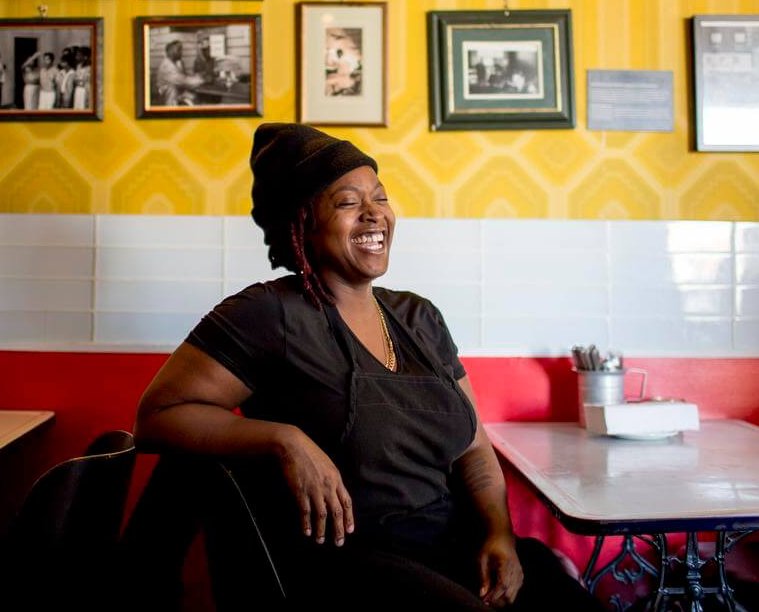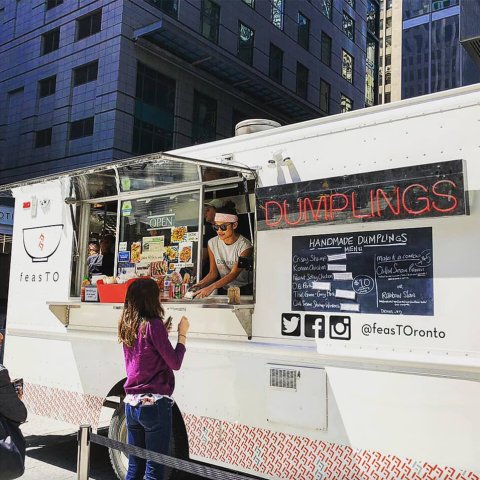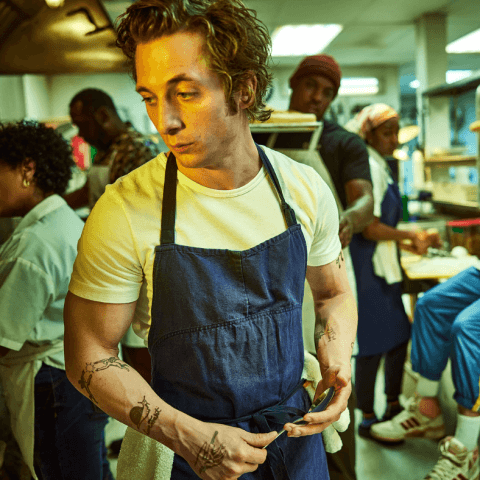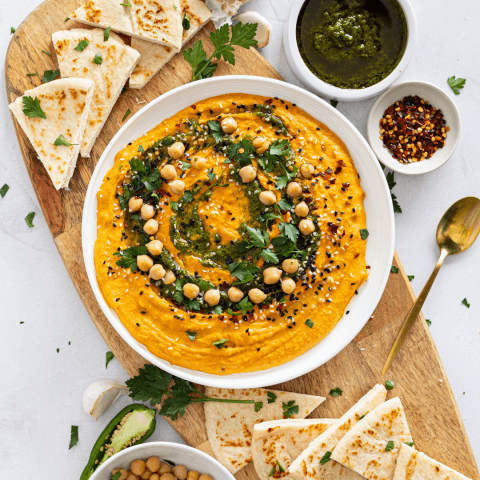In the first professional kitchen she ever worked in, chef and entrepreneur Suzanne Barr was told by her boss that she would never make it in the industry because she hadn’t “honoured the work.” The experience left a mark. “It took me a long time to acknowledge that I’m a chef and an even longer time to recognize that I’m also an artist and an advocate,” she says. Today, Barr is doing more than honouring the work. Whether she’s eschewing the traditional kitchen hierarchy in favour of a fairer system or imagining ways to build a brighter future for the industry through art and activism, she’s ensuring that everyone is appreciated for what they bring to the table.
It’s precisely this multi-faceted perspective that has propelled Toronto-born Barr upward in her decades-long career in the culinary world – and she shows no signs of stopping. Between consulting on restaurant projects and preparing to launch her own eponymous product line this year (think art-deco-inspired aprons and gourmet provisions), Barr continues to build her impressive resumé, which is already stacked: She is a two-time restaurateur (one of her restaurants was popular Toronto brunch spot Saturday Dinette, beloved for its flavourful dishes and warm, community-centric atmosphere), was the first chef-in-residence at the Gladstone Hotel in Toronto and is now a judge on Food Network Canada’s cooking competition series Wall of Chefs.
With the release of her cookbook-memoir hybrid, My Ackee Tree, in 2022, Barr can also add “author” to her ever-growing list of achievements. But putting her own story into words proved to be as challenging as actually making the journey of love, grief and finding the real meaning of home.
“It was a process to accept that my vulnerability can be a badge of honour and be a bridge that allows people to tell their own stories,” says Barr. “Vulnerability is not going to weaken you or break you; it’ll give you the strength to overcome some of the things that you’ve endured.” She hopes that sharing her experiences will inspire other women – in particular, women of colour – to speak up. “We know how important our stories are because we get left out of the stories all the time,” says Barr. “I don’t want that to be our continued struggle, and this is what’s going to protect us.”
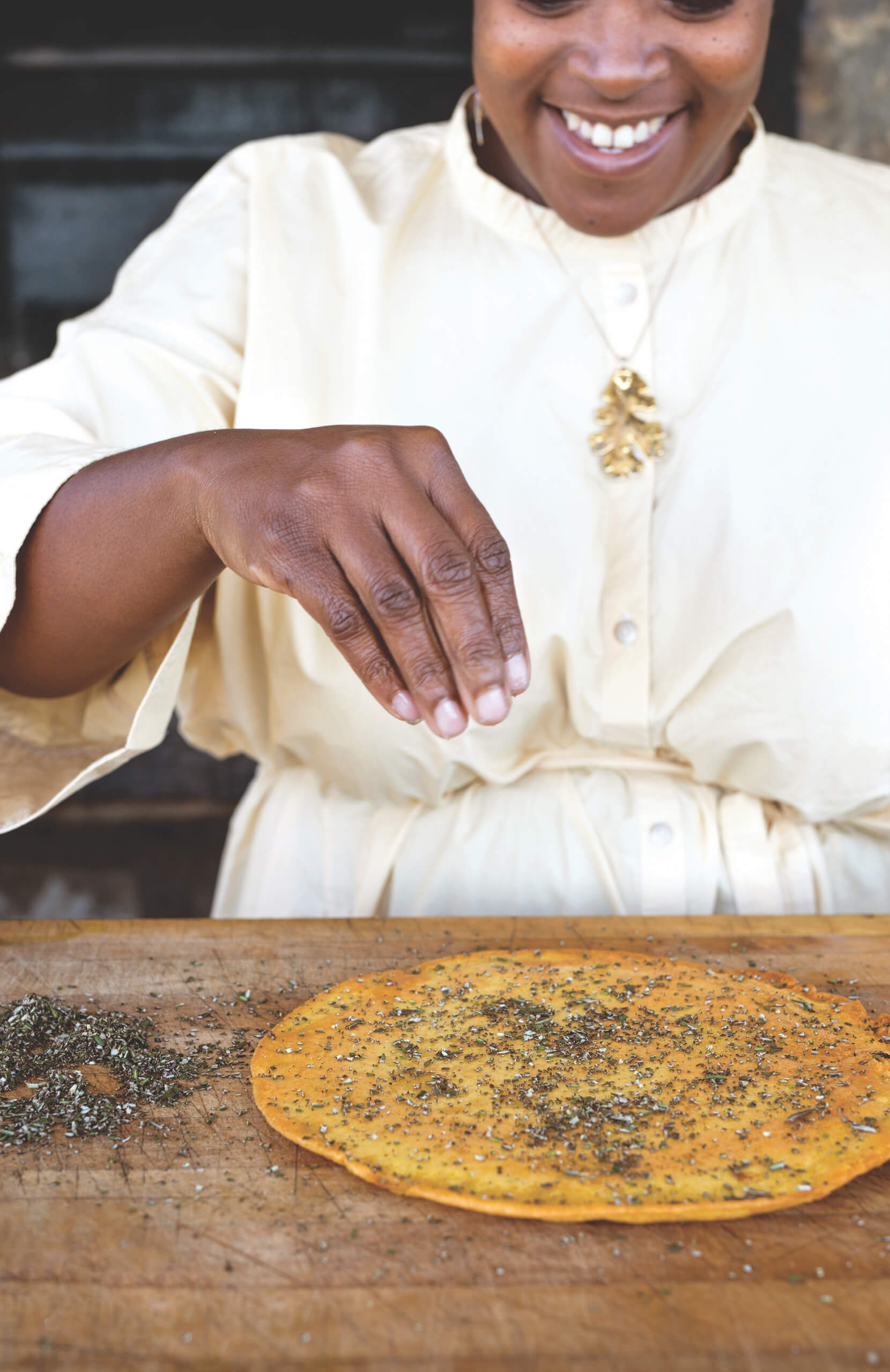
To this end, Barr has created her own production company, Lemon and Honey, to provide a platform for these stories and is working on a new television show—which she will host –that will spotlight chefs and their personal stories. “It’s about more than just the awards and the many restaurants that some chefs have,” says Barr. “It’s about those first people who influenced us and that first dish that inspired us.”
Barr’s earliest memories of cooking took place in her childhood home in Florida, where she grew up watching her mother and father in the kitchen. But when, at 25, she became a live-in caregiver to her mother, she realized that she didn’t know how to cook the comforting traditional Jamaican dishes that she had once watched her mother make. After her mom passed away from pancreatic cancer, Barr moved to New York to take a job as an MTV producer. But five years later, she found herself longing to reconnect with her mother through something that had always bonded them – food – so she enrolled in culinary school at the Natural Gourmet Institute in New York. “It always felt like becoming a chef was not my only mission,” says Barr. “It was also learning about how food connected me and my family together—through every menu I created, every team I was able to be a part of and every person I had a chance to work with and cook with.”
She’s also dedicated to ensuring that society’s most marginalized voices are heard, inside and outside the kitchen. Barr’s advocacy has led to her working on the boards and fundraising initiatives of local and international organizations, including Not 9 to 5, a non-profit focused on mental health in the foodservice and hospitality sector; Black Creek Community Farms, which offers programming to address food insecurity and literacy; FoodShare Toronto, a food-justice organization that supports community-led food initiatives; Community Food Centres Canada, which empowers low-income communities through the power of food; and Chef’s Manifesto, a project that brings together chefs from around the world to explore creating a sustainable food system using the United Nations Sustainable Development Goals.
For Barr, it’s not enough to have a room full of seats; her goal is to foster conversation and collaboration among a stadium’s worth of people in order to transform the food industry for the better. “We have a long road ahead of us to kind of begin to fix and reimagine this militaristic way of running a kitchen and a restaurant,” says Barr. “Having equity at the forefront of this conversation is so important to be able to see a future where people are valued as much as the food that people that are coming to pay for.”

